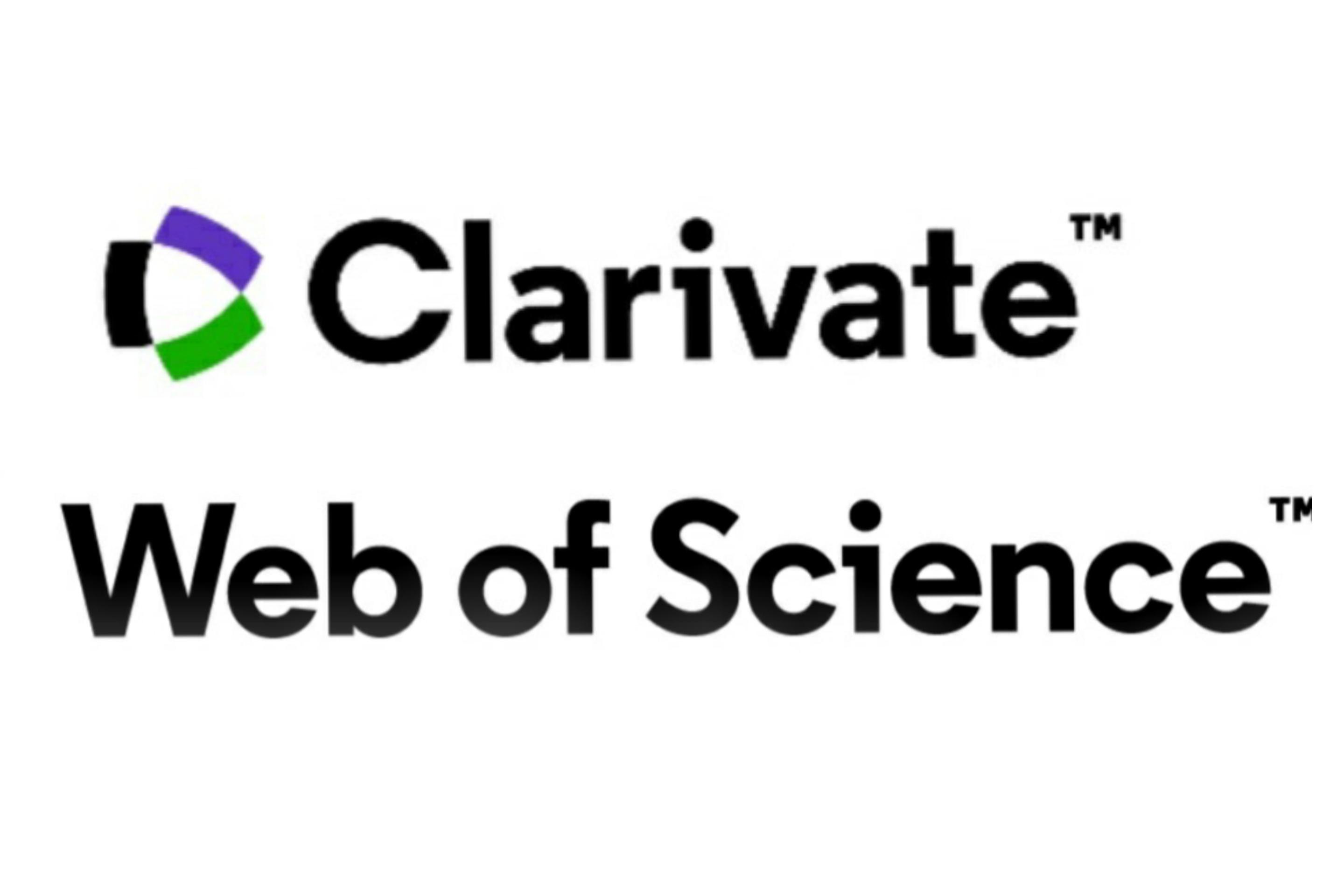Study of the influence of pricing factors and output characteristics of heterojunction silicon solar cells on their operating payback period
Keywords:
HIT, photovoltaic converter, Afors-hetAbstract
This paper presents the results of computer simulation of a solar cell featuring the HIT structure, currently demonstrating record power conversion efficiencies for concentrator-free silicon-based cells. Further, the market analysis for silicon wafers used for solar cell manufacturing is performed. Based on this analysis, the efficiency correlation and the quality of the solar cell were studied depending on the thickness of the n-type single-crystal silicon wafer. The optimization was carried out on the Afors-het program, designed for numerical modeling of solar cells. On the basis of the analysis, the recoupment of solar cells for silicon substrates of various thickness was calculated for their subsequent operation. It is shown that the solar cell payback is determined by the correlation between pricing parameters of materials used in photovoltaic converter, as well as its output operating characteristics.
References
2. Surface meteorology and Solar Energy - NASA [electronic resource] (date of reference: 02.10.2017): https://eosweb.larc.nasa.gov/sse/
3. Akorda.kz [electronic resource] (date of reference: 03.10.2017): http://www.akorda.kz/ru/national_projects/expo-2017-v-astane
4. Astana Solar [electronic resource] (date of reference: 03.10.2017): http://astanasolar.kz/kk/news/kazakstanda-kun-energetikasynyn-damuy-shyndyk-zhne-perspektivalar
5. M.A. Green, K. Emery, Y. Hishikawa, W. Warta and E.D. Dunlop, Progress in photovoltaics: research and applications (version 42), 21(1), 1-11, (2013).
6. M.A. Green, K. Emery, Y. Hishikawa, W. Warta and E.D. Dunlop, Progress in Photovoltaics, (version 42), 21(5), 827-837, (2013).
7. M.A. Green, K. Emery, Y. Hishikawa, W. Warta and E.D. Dunlop, Progress in Photovoltaics, (version 43), 22(1), 1-9, (2014).
8. M.A. Maehlum, Energy Informative The Homeowner’s Guide To Solar Panels, Best Thin Film Solar Panels— Amorphous, Cadmium Telluride or CIGS? Last updated 6 (2015).
9. A. Ghahremani and Fathy, A. E, Energy Science & Engineering, 4(5), 334-343, (2016).
10. R. Street, Technology and applications of amorphous silicon (Springer Science & Business Media, 2013), 417 p. DOI: 10.1002/ese3.131
11. M. Tanaka and Y. Kuwano, Japanese Journal of Applied Physics Part 1-Regular Papers Short Notes & Review Papers, 31(11), 3518-3522, (1992). DOI: 10.1143/JJAP.31.3518
12. M. Tanaka and S. Kiyama, Proceedings of 3rd World Conference on Photovoltaic Energy Conversion, a-C, 955-958, (2003).
13. Y. Tsunomura and M. Tanaka, Solar Energy Materials and Solar Cells, 93(6-7), 670-673, (2009). DOI: 10.1016/j.solmat.2008.02.037
14. R. Santbergen and M. Zeman, IEEE Photovoltaic Specialists Conference (PVSC), 35th, 748-753, (2010).
15. A. Terakawa, Proc. of the EUPVSEC, 26th, 2362-2365, (2011).
16. Y. Aya, Progress in Photovoltaics: Research and Applications, 20(2), 166-172, (2012).
17. K. Masuko, IEEE Journal of Photovoltaics, 4(6), 1433-1435, (2014).
18. K. Yoshikawa, Nature Energy, 2, 17032, (2017). DOI: 10.1038/nenergy.2017.32
19. Sanyo claims 98 micron-thick HIT solar cell with 22.8% efficiency [electronic resource] (date of reference: 13.10.2017): http://techon.nikkeibp.co.jp/english/NEWS_EN/20090923/175532/
20. Pluto New Technology Co., LTD A Leading Semicondutor Materials Solution Supplier [electronic resource] (date of reference: 15.10.2017): http://www.plutosemi.com/product.html.













